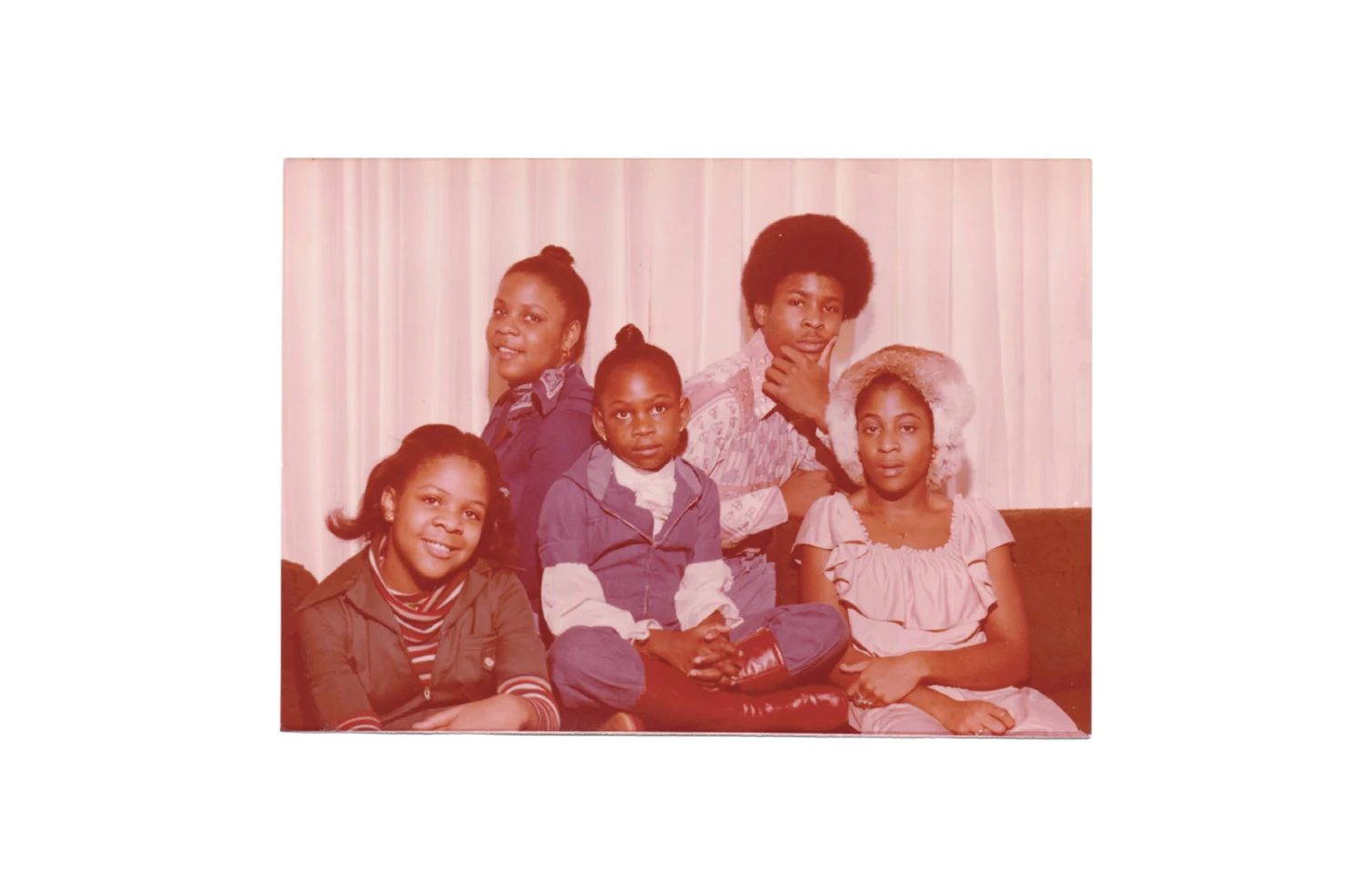black motherhood: love & logic
Do you hear Lady Wisdom calling? Can you hear Madame Insight raising her voice? She’s taken her stand at First and Main, at the busiest intersection. Right in the city square where the traffic is thickest she shouts, “You—I’m talking to all of you, everyone out here on the streets! Listen, you idiots—learn good sense! You blockheads—shape up! Don’t miss a word of this—I’m telling you how to live well. I’m telling you how to live your best.
Proverbs 8:1-5
When my daughter was in the eighth grade, she, along with a group of friends, wanted to spend the night at the local 24-hour Walmart as part of a trending challenge on social media. Of course, my first response to said request was plain and simple: “Nope.” But with each resounding plea to have permission granted, my response become less and less plain and simple, and more and more ugly and complicated.
I really want to say that all children on this earth are precious in every heart and every eye. However, I’m not a fool. I would love to believe that, alongside my white mommy counterparts, our decisions in how we parent are the one place we get to be colorblind. Again, for me that would be foolish to believe. As the proverb goes: Whoever trusts confidently in one’s own heart is a dull, thickheaded fool. But whoever walks in skillful and Godly wisdom will be rescued. If that isn’t clear enough, The Message spells it out more directly: If you think you know it all, you’re a fool for sure; real survivors learn from the wisdom from others.
In her plain-and-simple, ugly complexity, Black Motherhood miraculously continues to thrive despite the numbers of accumulated deaths, incarcerations and vanishings of her beloved children. In her grief, she inexplicably becomes all the more beautiful. What hasn’t killed her hasn’t at all made her stronger—only wiser, more persistent and much more aware. Even when she sleeps it seems her eyes are wide open, ever watchful.
At the time that my daughter made her request to test her ability to survive a night loitering at a local Walmart, Parenting Teens with Love & Logic was the book on my nightstand and “free-range parenting” was still being praised and demonized by newsfeeds and social media outlets. The basic gist of free-range parenting is straightforward: “a commonsense approach to parenting in these overprotective times.” Parenting Teens with Love & Logic, however is a bit more nuanced and subjective. The book doesn’t present an approach to parenting, per se, but guidelines to “prepare adolescents for responsible adulthood.” In the end, both the founder of free-range parenting and the authors of the book have solutions to getting little “Madison” and little “Jackson” graduated from high school and college and onto a respectable career path while they both sing praises to Jesus along the way. And what parent doesn’t want to raise a responsible adult?
I sure as heck do. But as the book so wisely points out, there are obstacles that Madison and Jackson must first hurdle—challenges that free-range parenting doesn’t exactly ignore but doesn’t want to fearfully give into:
Drugs, alcohol, smoking and sex
Peer pressure
What happens if they break the law and who pays the bail?
Violence in school and on the street
But my kid just wanted to hang out at the Walmart for one night. How do I lovingly and logically respond?
If my child was Madison, an All-American white-bred girl, secure in her racially-white, upper middle class, homogenous and gated community—and who, let’s face it, has never in her life experienced any violence whatsoever in school or on the street—I could respond, lovingly and logically: Wow, Madison. That sounds like such a cool and even adventurous thing to do. I think it would be a great way for you to explore your independence. I have no doubt that you and your friends would be very responsible. But, and perhaps you haven’t considered this, what you are talking about doing is actually called loitering and it’s against the law. So, while I admire your courage and boldness and I’d love to give you free-range to exercise your right to test your boundaries, I’m afraid that your father and I can’t grant you permission this time. However, you’re welcome to invite your friends over for an all-night movie marathon at our house. What do you think about that?
But my child is Nadia, a 100%, no-mistaking, African-American raised-and-bred girl, secure in her racially-white, upper-middle class, more-or-less homogeneous and gated community—and who, let’s face it has never in her life experienced any violence whatsoever in school or on the street but has seen newsfeeds and posts of a black-as-she teenager, Trayvon Martin, gunned down in a community that looks almost identical to our own. Lovingly and logically, after giving my her my “Madison”, aka “colorblind”, response, I tell her: “Nadia, you would be a black kid illegally hanging out in a store. Trayvon was legally buying Skittles.”
All love, no logic.
Raising black kids in America is free-range parenting no matter that for generations and generations, from Emmett to Trayvon, we have kept our flock penned in and within close range in cages built with iron-clad warnings, rules, lectures and prayers—so many prayers—to keep them safe as we do everything we can to raise them to be responsible teens who fail sometimes but who at the end of the day return to us, crossing our thresholds and calling out, “Mom! I’m home!!!”
*In honor of the students and faculties and families who have been touched by the increasing number of shootings and threats of shootings in our schools, I would like to make it clear that I believe that these attacks are more than acts of violence, but indeed acts of terrorism. I do not believe a blog post, book, or training session will save our kids from more attacks. I believe systems and legislation will have to drastically change.










